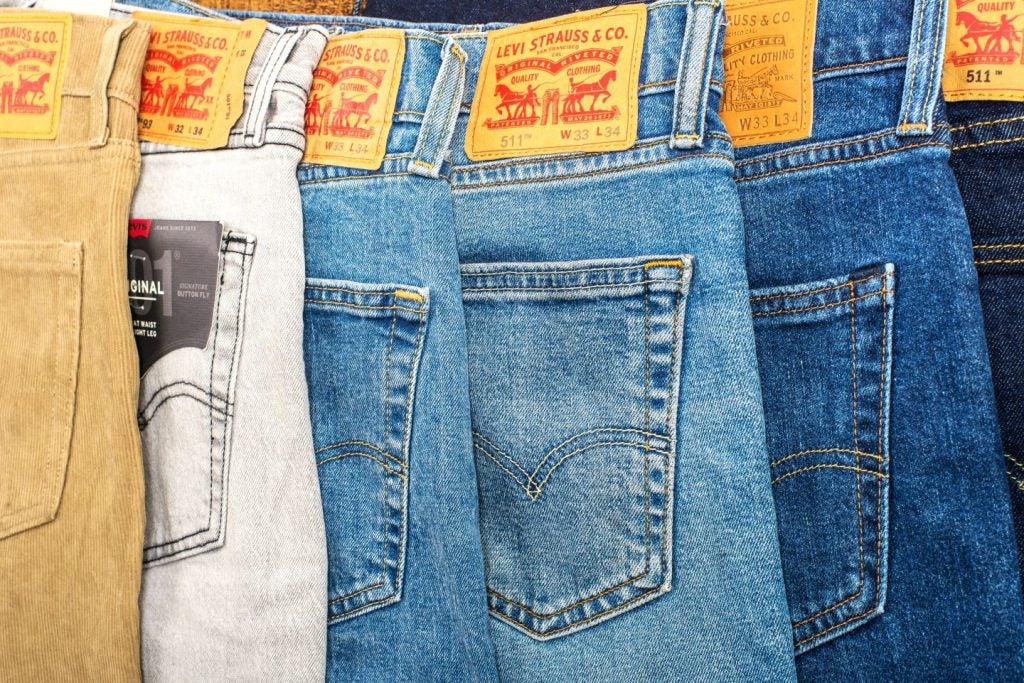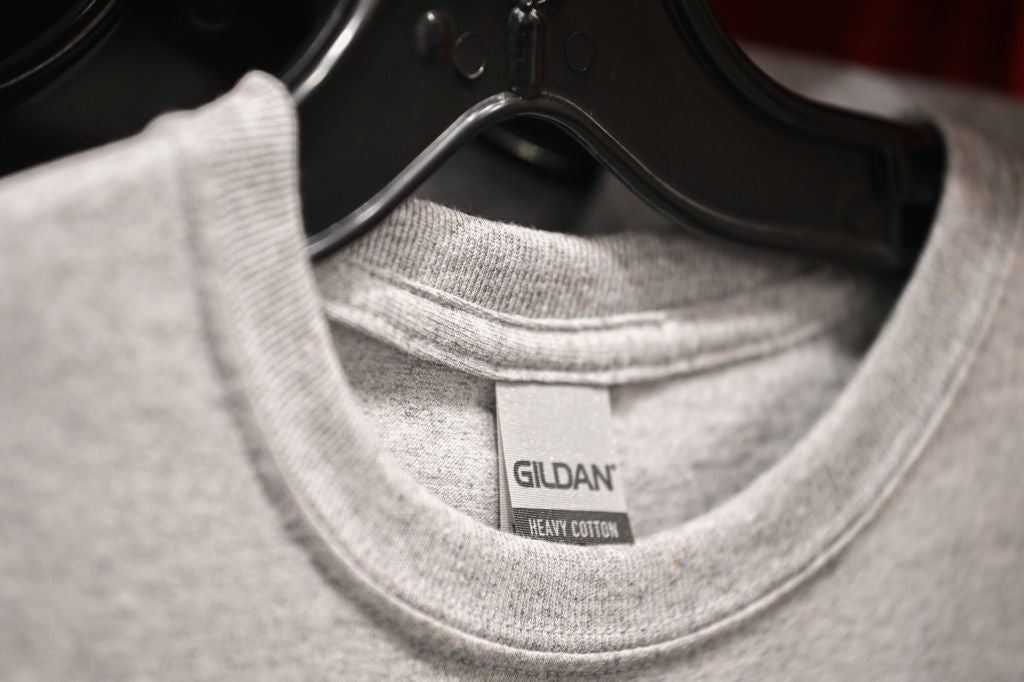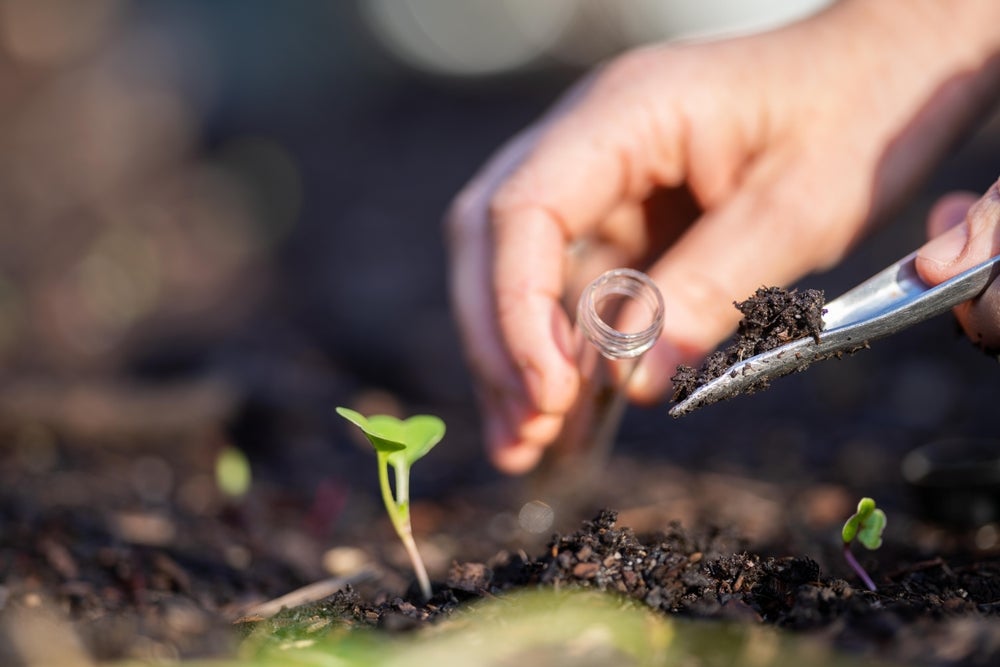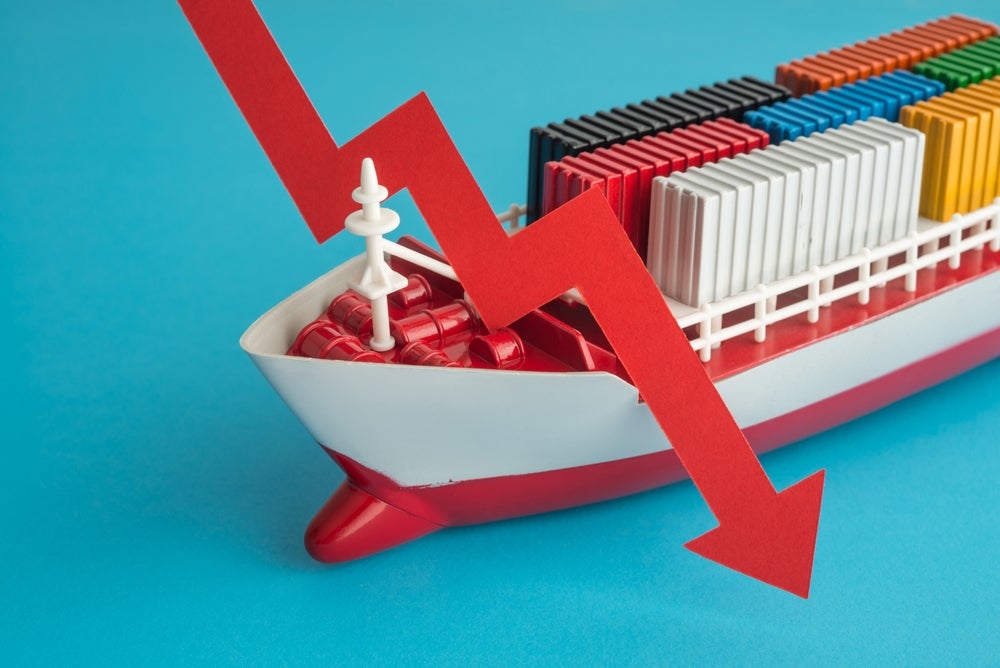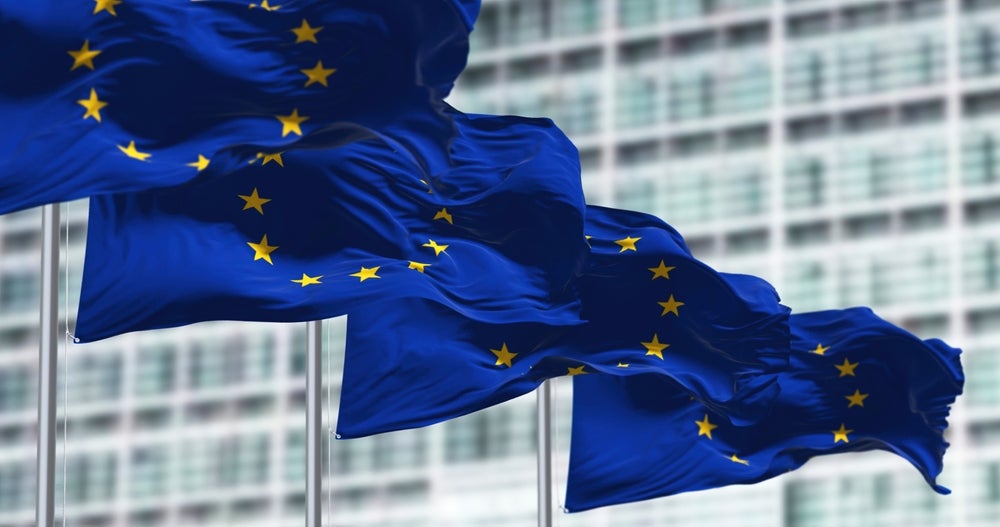Jeffrey Hogue, LS&Co.'s chief sustainability officer, said the official validation by SBTi gives it a clear target to work toward across Levi Strauss’ operations.
“To that end, to ensure our net zero goal complies with SBTi requirements, we are aligning our supply chain emissions reduction pathways to be consistent with limiting temperature rise to no more than 1.5C. Also in line with SBTi recommendations, we are updating our near-term Scope 3 goal base year from 2016 to 2022 and declaring a new absolute emissions reduction commitment of 42% by 2030.
“This is about more than just the numbers, though. As we approached the mandatory five-year review SBTi requires of companies with regard to their emissions reduction targets, we took the time to reflect on our footprint, our progress and our ambitions — and we could see that there was a way to drive deeper impact in our work.”
The new baseline, along with improvements in data collection and modelling over the past decade, means Levi Strauss can more accurately reflect its operations and climate impacts by including land- and agriculturally-based emissions.
“Critically, this also means we are moving on to the same time horizon as many other apparel companies, including many that operate with the same suppliers we do. This will enable stronger collaboration with industry peers and supply chain partners to unlock leverage for progress and drive greater impact for our company, our value chain and the apparel industry," LS&Co. said in a statement.
"Examples of this kind of collaboration include efforts to help factories transition away from coal, increase renewable energy use, upgrade facilities and collect better primary data to identify changes, progress and additional areas for improvements.”
LS&Co. is now targeting 42% Scope 3 absolute emissions reduction by 2030, from a baseline year of 2022, after an initial goal of 40% Scope 3 emission reduction by 2025.
Hogue added: “There are challenges, but we will leverage innovation, supplier engagement, sustainable sourcing and the industry collaborations I mentioned to drive the progress we need to see while strengthening business resilience. One key step that’s already occurred: in 2023, our key suppliers committed to transitioning away from coal in their facilities and downstream operations.”
Levi Stauss also plans to leverage its relationships with Fashion for Good and other industry collaborative efforts to reduce emissions in weaving, spinning and dyeing; continuing to push the transition to renewable energy sources and more sustainable materials; and working across the industry to create scale and speed.
In April 2024, L&Co. reported an operating loss in the first quarter of 2024, which it attributed to the discontinuation of its Denizen brand and Russian market exit.


